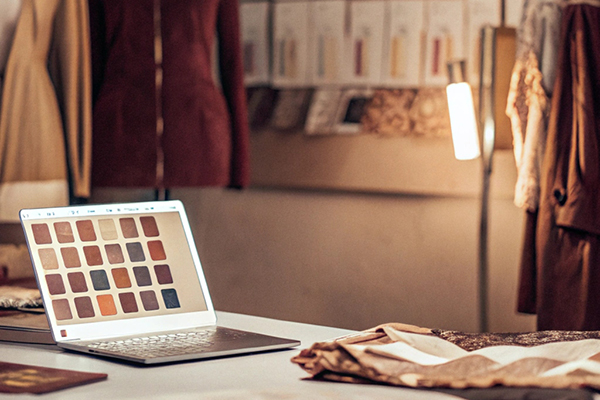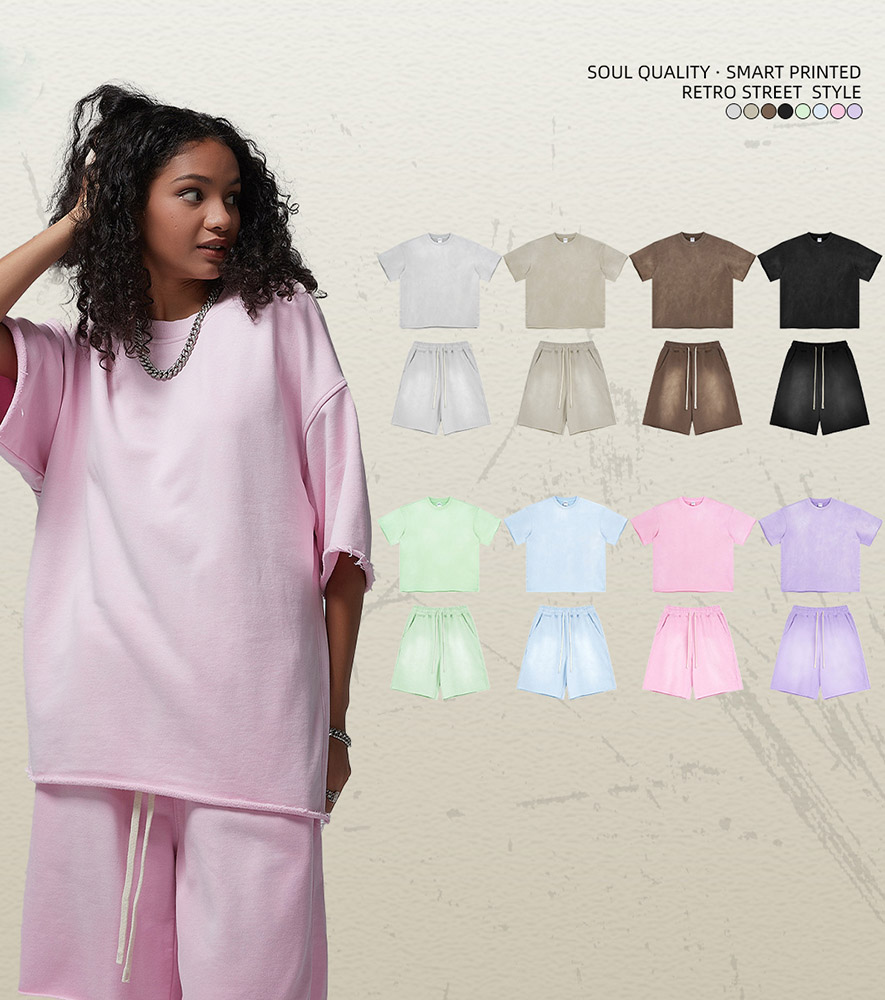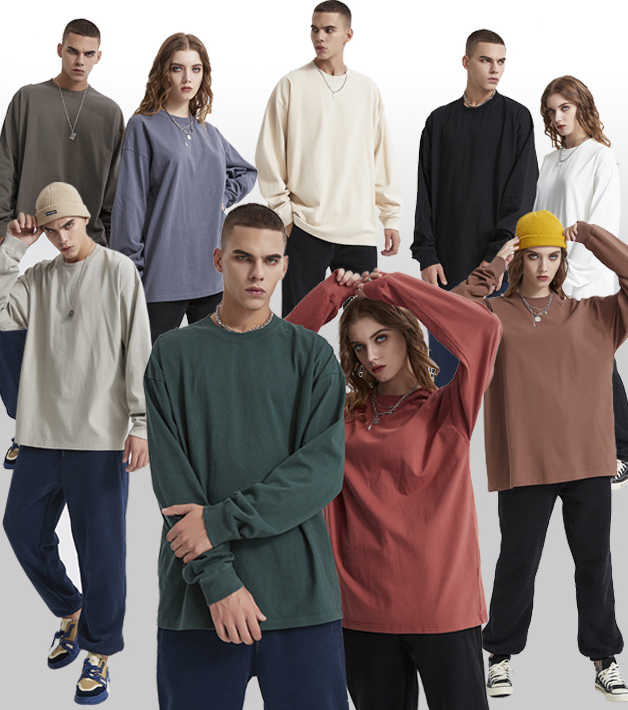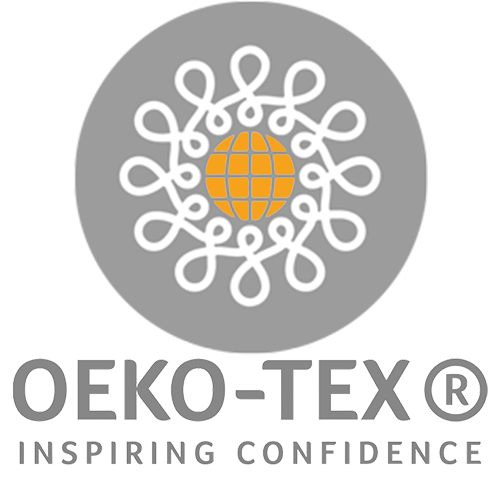Starting a private label clothing brand is an exciting venture that allows you to design unique products and build your brand identity without managing manufacturing. With the growing demand for personalized and niche apparel, private labeling offers a great opportunity for entrepreneurs to enter the fashion market.
To create a private label clothing brand, you need to partner with a manufacturer1, develop your designs, and focus on branding, marketing, and customer outreach.
In this article, we’ll explore whether private labeling is worth it, the legal steps to protect your brand, and the potential challenges you may face.
Is private labeling worth it?
Private labeling has become a popular business model, but is it the right choice for your clothing brand?
Private labeling is worth it if you want to control branding and design without managing manufacturing, allowing you to focus on marketing and scaling your business.

Advantages of Private Labeling
-
Brand Control
- You can customize products with your own logo, colors, and packaging, giving you complete control over your brand identity.
-
Lower Startup Costs
- You don’t need to invest in manufacturing equipment or manage production processes, which reduces upfront costs.
-
Flexibility in Design
- Many manufacturers offer customization options, allowing you to design apparel that meets your target audience’s needs.
-
Higher Profit Margins
- By selling directly to consumers under your brand, you can set competitive prices and increase your profit margins.
Challenges to Consider
- Dependence on Manufacturers
- Quality and timelines depend on the reliability of your supplier. Finding a trusted partner is crucial.
- Initial Investment in Inventory
- You’ll need to purchase inventory upfront, which can tie up cash if sales are slow.
| Pros | Cons |
|---|---|
| Control over branding | Reliant on manufacturer timelines |
| No manufacturing management | Upfront inventory costs |
| Opportunity for customization | Competition with similar products |
If you value branding and design while outsourcing production, private labeling is a worthwhile strategy to launch your clothing line.
Do I need to copyright my clothing brand name?
When starting a private label clothing brand, protecting your intellectual property is essential to avoid legal disputes and ensure your brand remains unique.
You don’t need to copyright your clothing brand name, but you should trademark it2 to protect it from being used by others in the same industry.

Copyright vs. Trademark
- Copyright: Protects original creative works like designs, logos, or written content. It does not protect brand names.
- Trademark: Protects your brand name, logo, or slogan, ensuring no one else in your industry can use it.
Why Trademarking Your Brand Name is Important
-
Protects Your Brand Identity
- A trademark ensures your brand name remains exclusive to your business, preventing others from using it.
-
Builds Credibility
- A registered trademark signals professionalism and legitimacy to your customers and competitors.
-
Avoids Legal Disputes
- Without a trademark, someone else could legally register your brand name, forcing you to rebrand.
Steps to Trademark Your Brand Name
-
Search for Existing Trademarks
- Use your country’s trademark database (e.g., USPTO in the U.S.3) to ensure your desired name isn’t already registered.
-
File an Application
- Submit an application through your national trademark office. This process may take several months to complete.
-
Maintain Your Trademark
- Renew your trademark periodically to keep it active.
| Protection Type | What It Covers |
|---|---|
| Copyright | Creative works (e.g., designs) |
| Trademark | Brand name, logo, or slogan |
While a trademark requires an upfront investment, it provides long-term protection for your clothing brand name, making it a crucial step in establishing your business.
What are the disadvantages of private label?
While private labeling has many advantages, it also comes with potential challenges that you should be aware of before starting your clothing brand.
The disadvantages of private label include limited control over production, upfront inventory costs, and reliance on manufacturers for quality and delivery.

1. Limited Production Control
- Challenge: As the brand owner, you rely on the manufacturer to maintain quality and meet deadlines.
- Example: Delays in production or inconsistent quality can harm your brand reputation.
2. Upfront Inventory Costs
- Challenge: Private labeling often requires ordering a minimum quantity of inventory, which can be costly upfront.
- Risk: If products don’t sell as expected, you may face financial losses from unsold inventory.
3. Manufacturer Dependency
- Challenge: Your success is tied to the reliability of your supplier. Issues like supply chain disruptions4, poor communication, or rising production costs can impact your business.
- Solution: Vet manufacturers carefully and maintain strong relationships with them.
4. Competition in the Market
- Challenge: Many private label brands source from the same manufacturers, leading to similar products in the market.
- Solution: Differentiate your brand through unique designs, exceptional branding, and superior customer service.
5. Limited Customization Options
- Challenge: Some manufacturers may only offer limited customization, making it harder to stand out in a competitive market.
- Solution: Choose suppliers that allow full customization or explore specialized manufacturers5.
| Disadvantage | Impact | Possible Solution |
|---|---|---|
| Limited production control | Inconsistent quality | Vet suppliers and request samples |
| Upfront inventory costs | Financial strain on startup capital | Start with small production runs |
| Manufacturer dependency | Delays and supply issues | Build strong supplier relationships |
| Market competition | Products may feel generic | Invest in branding and uniqueness |
| Limited customization | Hard to stand out | Partner with specialized manufacturers |
Should You Avoid Private Labeling?
Despite these challenges, private labeling is still an excellent choice if you approach it with a clear strategy. Understanding the potential pitfalls and planning ahead can help you mitigate risks and build a successful clothing brand.
Conclusion
Creating your own private label clothing brand is a rewarding business opportunity that lets you focus on design and branding while outsourcing manufacturing. While private labeling has its challenges, such as upfront costs and reliance on manufacturers, it’s worth the effort for entrepreneurs who want to establish a unique brand presence. Protecting your clothing brand name through trademarks and addressing production limitations will set you up for long-term success. With careful planning and execution, you can turn your private label clothing brand into a thriving business.













